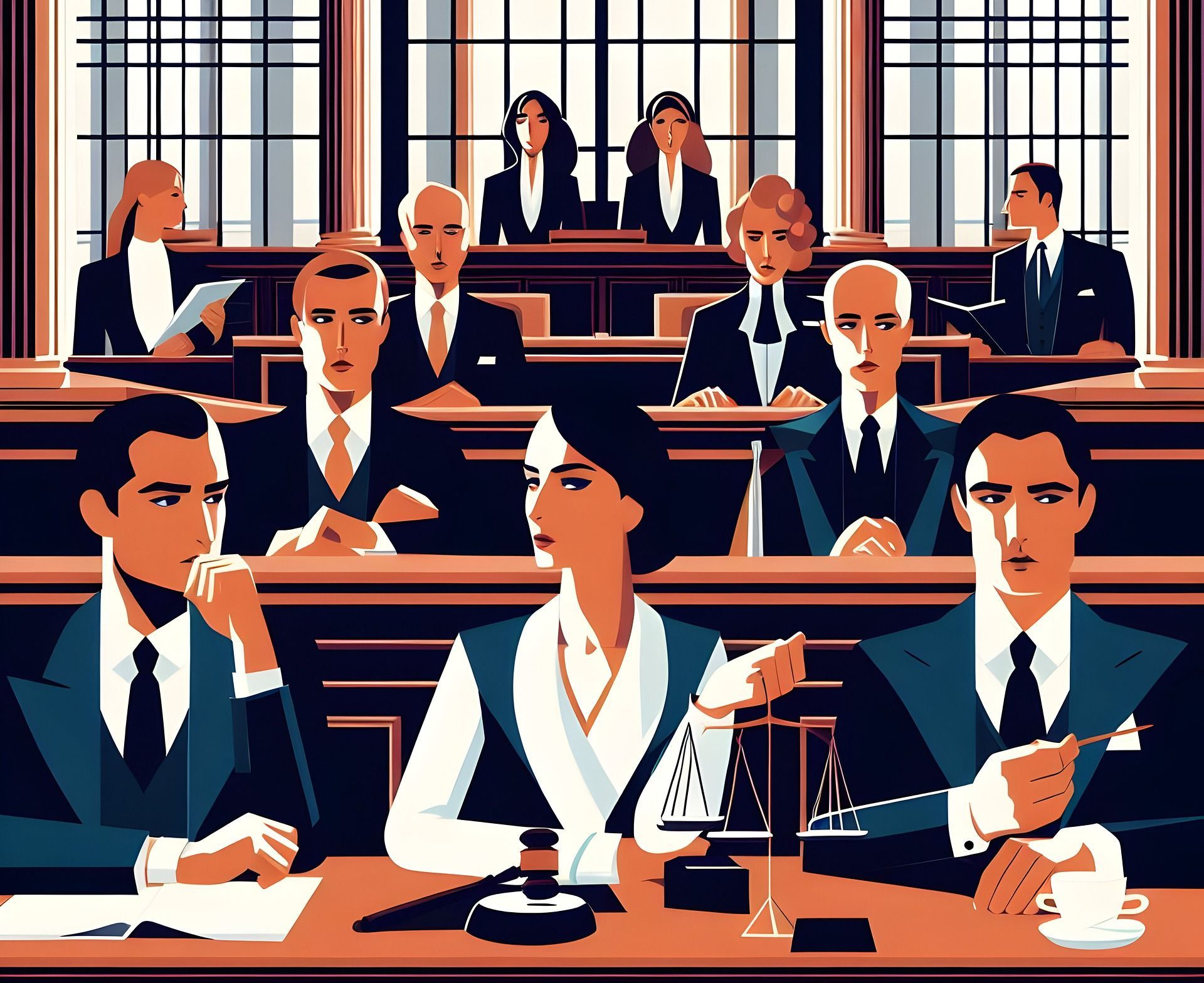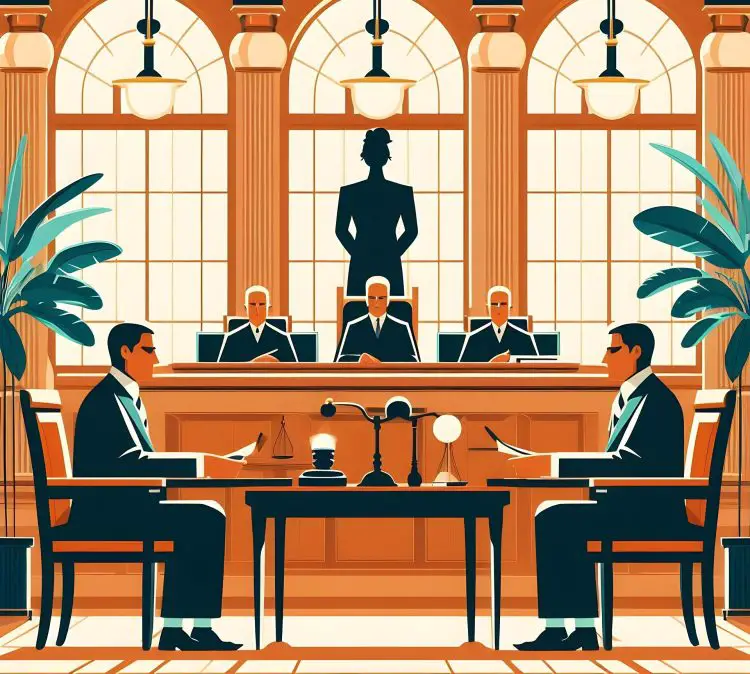The gloves are off in the legal battle of the NYT lawsuit between AI giant OpenAI and legacy media powerhouse The New York Times.
In a dramatic twist, OpenAI has filed a counterclaim alleging the NYT deliberately manipulated their popular ChatGPT model to produce evidence of copyright infringement.
This bold accusation has ignited a controversy that could reshape the future of generative AI.
What’s the NYT lawsuit about?
The NYT sued OpenAI and Microsoft in December, claiming unauthorized use of their articles to train powerful AI systems like ChatGPT. This lawsuit underscores the growing tension between AI developers, who rely on vast amounts of data, and content creators fiercely protective of their intellectual property.
OpenAI’s counterclaim on the NYT lawsuit
OpenAI vehemently denies these accusations. In a stunning turn, they claim that the NYT had to resort to “hacking” ChatGPT in order to generate the allegedly infringing results.
They assert the NYT needed to:
- Exploit a known bug in the model
- Use thousands of misleading prompts, violating OpenAI’s terms of use
- Forcefully upload specific articles
…all to force ChatGPT to reproduce passages verbatim. Essentially, OpenAI claims the NYT manipulated ChatGPT, violating its terms of use, in order to build its case.

The controversy of “hacking”
OpenAI’s inflammatory use of the word “hacked” is designed to provoke. While not implying a traditional security breach, it emphasizes the potential to steer AI models towards biased or dishonest outcomes.
Why does this matter?
The NYT lawsuit has major implications for the future of generative AI:
- Copyright and AI training: How much, if any, copyrighted material can be used to train AI models ethically and legally?
- Fair use in AI: How does “fair use” apply when the AI itself creates the content, not a human?
- Setting precedents: The outcome of these lawsuits will shape the rules and regulations for the entire AI industry
The other side of the moon
The NYT disputes OpenAI’s characterization, maintaining their actions were a necessary investigation into improper use of their content. Some publishers, like Axel Springer and the Associated Press, have already struck content licensing deals with OpenAI.
This clash is far from over. The legal battle will continue, potentially setting transformative precedents for the relationship between AI, copyright, and the industries that rely on both.
Featured image credit: Vector Gallery/Pixabay.





